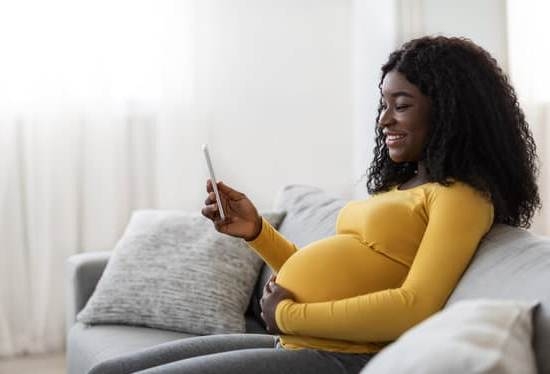What is a pregnancy test?
A pregnancy test is a kind of test used to detect the presence of the hormone human chorionic gonadotropin (hCG) in urine, which is produced by a fetus when it is implanted in the uterus. When a woman is pregnant, levels of hCG rise rapidly, and the pregnancy test can detect even very small levels of hCG in the urine.
When do pregnancy tests work?
Most home pregnancy tests detect hCG levels that are low enough to be present around the time a woman misses her period. This usually happens at around 10-14 days after conception. However, some tests may be able to detect the hCG hormone as early as seven days after conception.
Do pregnancy tests always work?
No, pregnancy tests do not always give accurate results. For example, they are not always able to detect very low levels of hCG. Also, there are times when a woman may not have enough hCG in her urine to be detected by a pregnancy test. In these cases, the test may come out negative when the woman is actually pregnant.
When is the best time to take a pregnancy test?
The best time to take a pregnancy test is when your period is late. This is usually between 10 and 14 days after you ovulate. However, some tests may be sensitive enough to give an accurate result as early as seven days after ovulation.
Is there anything that can affect the accuracy of a pregnancy test?
Yes, there are several things that can affect the accuracy of a pregnancy test. These include:
- Testing too early – The hormone hCG needs time to build up in the body and be detectable. So if you test too early, the test may give a false negative.
- Drinking too much liquid before the test – If you drink too much liquid before taking the test, it can dilute the hCG in your urine and make it harder to detect.
- Expired or faulty test kits – If you’re using an expired or faulty test kit, it may not be able to detect hCG accurately.
Conclusion
The best time to take a pregnancy test is usually when your period is late, which is usually 10-14 days after you ovulate. However, some tests may be able to detect hCG as early as seven days after ovulation. There are also some factors that can affect the accuracy of a pregnancy test, such as testing too early, drinking too much liquid before the test, and using an expired or faulty test kit.

Welcome to my fertility blog. This is a space where I will be sharing my experiences as I navigate through the world of fertility treatments, as well as provide information and resources about fertility and pregnancy.





